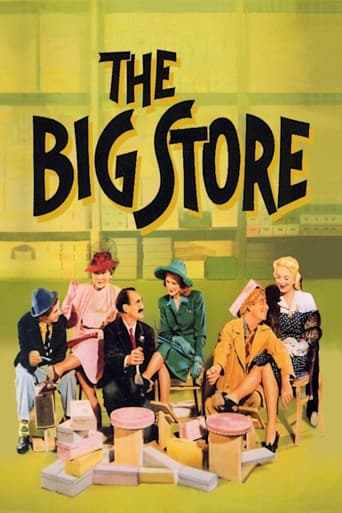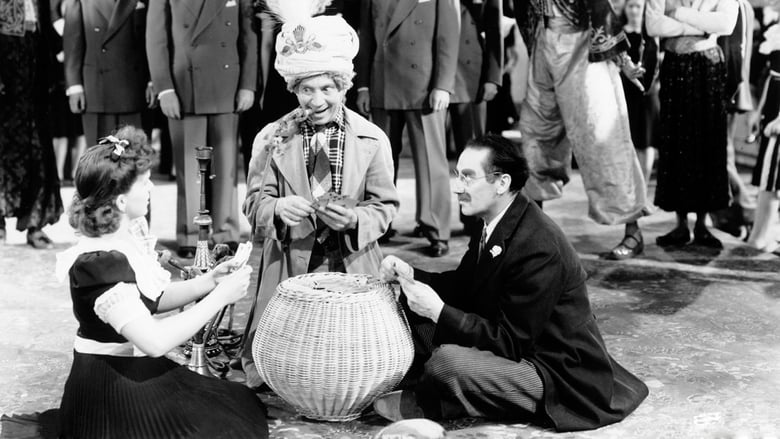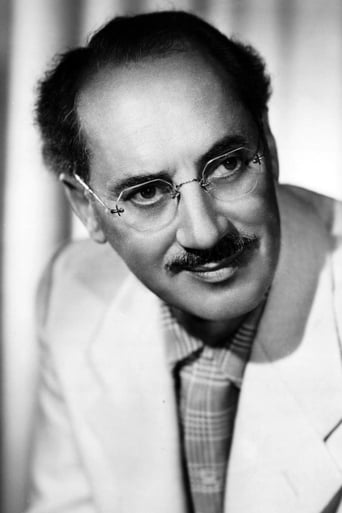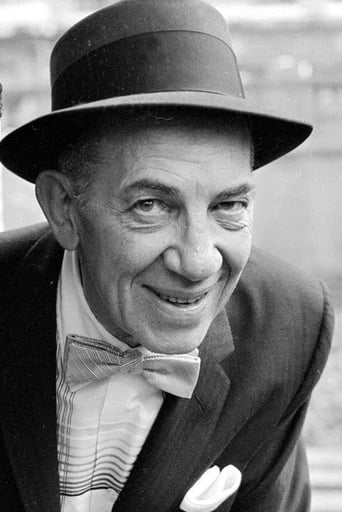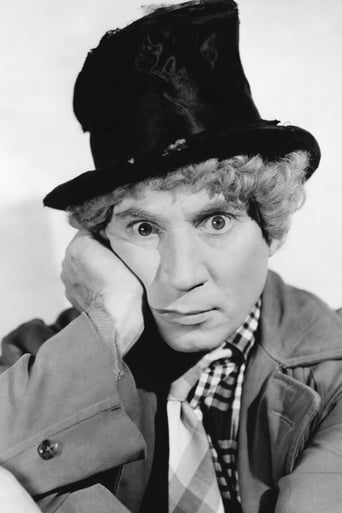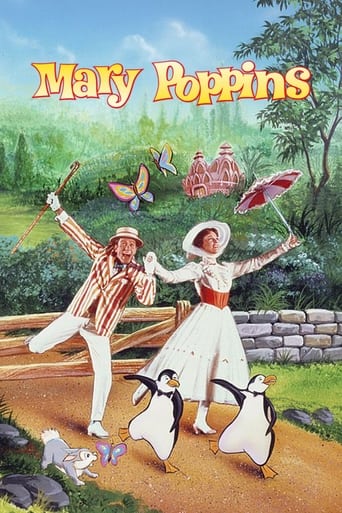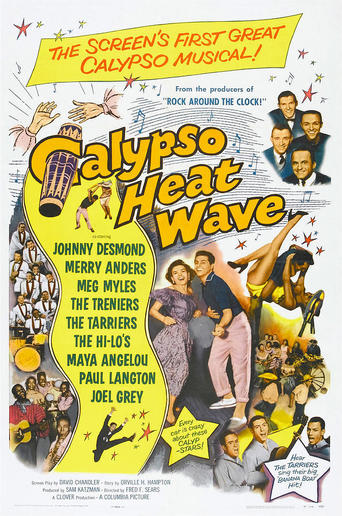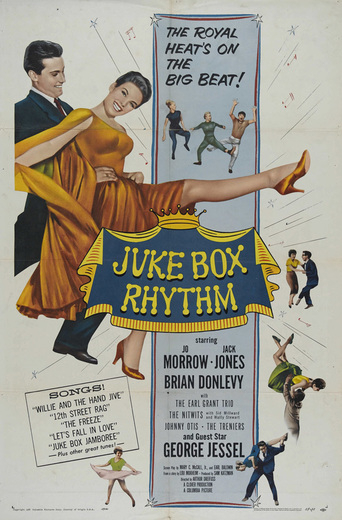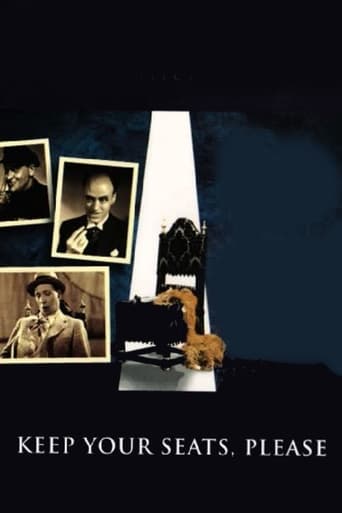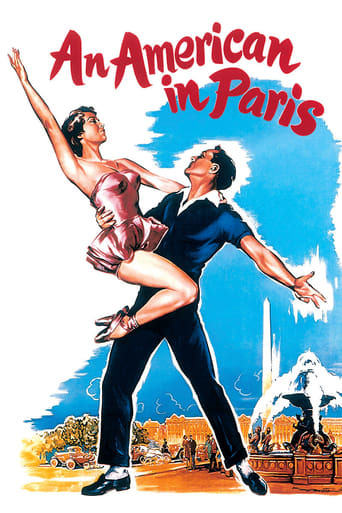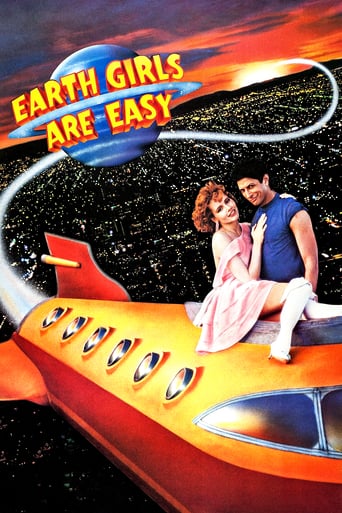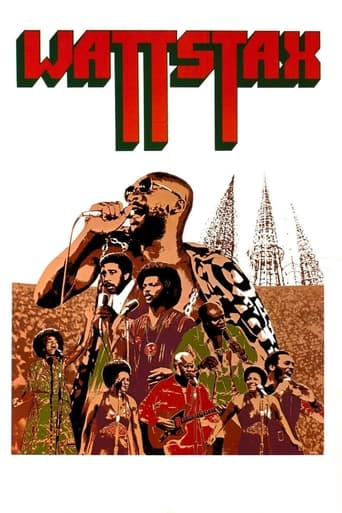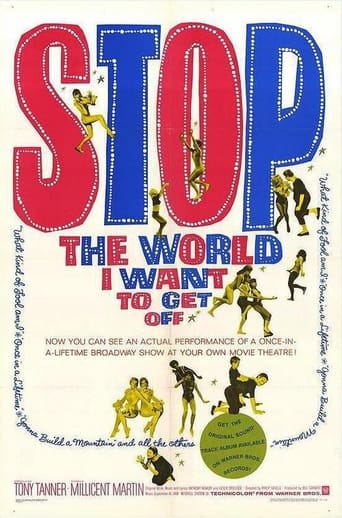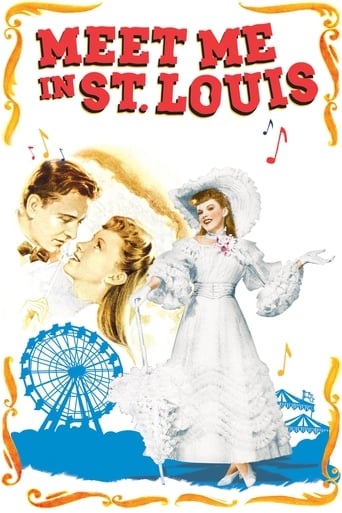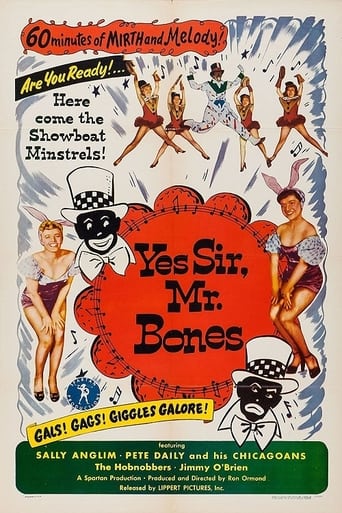The Big Store (1941)
A detective is hired to protect the life of a singer, who has recently inherited a department store, from the store's crooked manager.
Watch Trailer
Cast


Similar titles
Reviews
Only a dozen years had passed since the Marx Brothers established themselves as the talkies' premier comedy team, yet "The Big Store" was billed in advance as a farewell appearance, and in terms of producing comedies at a steady clip, it was. From that, and the raspberries directed at it from Groucho on down, you might well expect worse then you get here.Young singer Tommy Rogers (Tony Martin) is about to inherit half of Phelps Department Store, but slimy store manager Mr. Grover (Douglass Dumbrille) plots to do away with him. Protection of a sort comes in the form of Wolf J. Flywheel (Groucho Marx), a private detective whose street window advertises "Bloodhounds Transfused/Finger Prints Manicured/and Gin Rummy". Wolf of course is aided by a couple of brothers, Ravelli (Chico) and Wacky (Harpo).The Marx Bros. may have been on their way out, but they seem in fine fettle here. Groucho is still doing high leg kicks (albeit on his back), Harpo's pantomimes are still sharp, and Chico is even more of a gas than usual at the piano. The script is several cuts below S.J. Perelman, and Charles Reisner's direction is so-so, but the film showcases the Brothers' recognizable style of humor in an amusing enough manner."If you're a detective, I'm a monkey's uncle," the manager tells Flywheel."Keep your family out of this."Or else Flywheel romancing a rich woman played by the evergreen Margaret Dumont: "There are many bonds which will hold us through eternity. Your government bonds, your savings bonds, your Liberty Bonds..."Some of the comedy lags noticeably, like some protracted business of children disappearing inside convertible beds and an ending that tries for sustained thrill humor and winds up a fuzzy goof. But even some lesser-thought-out moments play decently almost in spite of themselves. Tony Martin has a musical interlude singing "If It's You" that's actually rather nice, and the giant musical number "Sing While You Sell" justifies its long running time with Groucho's vamping and the stone-faced swing of see-her-to-believe-her Virginia O'Brien.Marx Brothers films seldom delivered coherent stories along with the comedy, and "The Big Store" is no exception. Mention is made of a professor in the opening scene as if he is a central character, but we never hear a word from the guy. A woman is sent by Mr. Grover to lead Tommy astray, but disappears without further mention after a scene where Harpo secretly makes off with the back of her dress.It's not "Duck Soup" or even "The Cocoanuts", but as Groucho says here, "They're not writing that kind of stuff anymore." The musical interludes are still ever-present, and delivered with more comic pizazz for the most part, although a gargantuan production number where Martin sings something called "Tenement Symphony" exhausts much of the good will gained from Chico and Harpo's hilarious piano duel and a harp number from Harpo (backed by his mirrored reflections) that doesn't stop everything dead for once.In the end, watching the Marxes and Ms. Dumont being literally towed off into the sunset, it seemed the team had more than enough gas left in the tank to stay active through the war years, rather than retire until 1946. No, "The Big Store" is not that special, but it's a pleasure more often than not, and shows the Marx Brothers still capable of delivering fine comedy even without a solid script.
Just to say to all those who think it's not funny: My 16 year old daughter, who had not seen it before, thought it was hilarious from beginning to end.So did I - even though I had to look up a couple of period references. After all we all still enjoy Shakespeare despite not quite understanding a few of the 16c gags.Despite a slight yawn during Tenement Symphony, the musical numbers were also entertaining - especially Harpo's duet with himself in the mirrors.What one misses is seeing these films at the cinema - as they were intended to be seen - on a large screen with several hundred other people all enjoying the moment. That's why some of the gags seem a bit laboured as there is often a calculated pause for the audience laughter, so that the next gag won't be missed.
I finally brought myself to watch all of the Big Store, the movie on the flip side of Go West DVD. I recall seeing Store (in the late 60's/early 70's I deliberately saw any Marx movie whether on TV or in a revival in a theatre until I had seen them all) years before and being bored out of my skull.I had tried to watch it a few weeks earlier, but gave up after the scene where the beds can be hidden in the wall or floors.This time, biting the bullet, I watched Groucho sing while he sold and the final chase scene with sound effects added that made it seem like a Hanna-Barbera cartoon.And the end, I had to admit, The Big Store was passable--provided it had starred someone else.If you can erase the fact you're watching the Marx Brothers from your mind, The Big Store seems exactly like any overblown 1940's comedy. It well meets the standard for a Red Skelton film or perhaps something with Danny Kaye or early Jerry Lewis.If you can perform the mental feat that Groucho is Red Skelton, Chico is Danny Kaye and Harpo is Jerry Lewis (uggghhh!), the Big Store does not seem like the abysmal thing it is.Seeing this film makes you understand just how high the bar the Marx Brothers set for their movies, much higher than virtually any other comic working with a film studio, instead of independently as Chaplin did.Things happened in a Marx Brother film that just never happened in one with Red Skelton: Margaret Dumont being deviled by Groucho, Groucho being deviled by Chico, and the rest of the Universe bedeviled by Harpo. Out of the gate in the Cocoanuts, the Brothers' first film in 1929, we already have the "Why A Duck?" routine between Groucho and Chico. We already have Groucho's "Won't you lie down?" to Margaret Dumont, and Harpo giving Basil Ruysdael his leg while whistling a tune from the arcane musical, "Floradora." Even as we move to the later films, there is also the Marx's brilliant sense of surrealism and absurdity, far beyond the capabilities of anyone else. Their penultimate film, A Night in Casablanca, an almost last hurrah which they financed themselves and had more say over, can be arguably ranked with the lesser Paramount or best MGM films.But Store provides a disconnect which the brothers never are able to overcome. This was never something impossible for them. The plot was generally something they made their way around, jumped over, or totally jettisoned. Here, there are trapped in it, and it's not pretty.There are still some marvelous moments--how can there not be in a Marx Brothers movie? Groucho's last film appearance with Margaret Dumont is as always wonderful. Harpo has a magnificent harp solo where he turns into Mozart and his mirror reflections spring to life far more than any ever did in Duck Soup. The opening sequence where Dumont visits Groucho's fly-by-night detective agency (where Harpo is the given the Quasi-Zeppoesque role as Groucho's Assistant) is wonderful.But the lengthy Groucho musical number (three DVD chapters!) is pretty much a straight one. There's no tattooed lady, African explorer, or pre-war hysteria to be found. The juvenile's musical number, The Tenement Symphony, is nowhere as mercifully brief as When My Dreams Come True is in the Cocoanuts. Harpo and Chico even participate in it.Worst of all, however, are the moments where the brothers are made into just any old comedy team, pushing wrong buttons to create chaos, riding on roller skates and unicycles to escape the villain, and serving up a wienie with some Puccini (Or is it Rossini? My mind has blocked it out like a car accident).You don't gotta sing while you sell. Please don't.It's sad that the Marx's valedictory with MGM had to be this generic bore. Through no fault of their own, they became personae non grata at the studio and seemed to be given a script pulled at random from a file drawer.So, if you're a Red Skelton fan, and can ignore the fact you're watching Groucho, Harpo and Chico, by all means, watch The Big Store. If you're a Marx Brothers worshipper (they don't merely have fans), please show their memories respect and keep the DVD on the side that has Go West.
By 1941, Groucho didn't want to make any more movies. The Brothers continued to do so just to keep oldest Brother Chico afloat, due to his gambling habits.Someone commented earlier about Virginia O'Brien, the deadpan singer in the "rockabye" sequence. The deadpan delivery was her "shtick", and predated a similar approach taken by Keely Smith some years later. Legend has it that the first time a spotlight fell on Ms. O'Brien for an on-stage solo, she froze, an delivered her song with a pre-Botox facial paralysis. The audience thought it was part of the act and roared approvingly with laughter. From then on, Ms. O'Brien sang no other way. (She also sings a few bars of the Jerome Kern song, "A Fine Romance" in the semi-bio, "'Til The Clouds Roll By".) The big store is best remembered (and viewed) for the rousing "Sing While You Sell" piece about 38 minutes into the movie.

